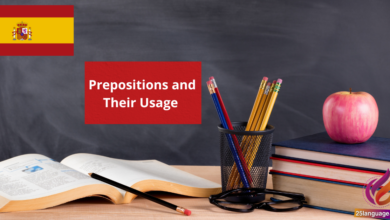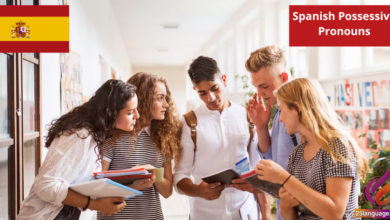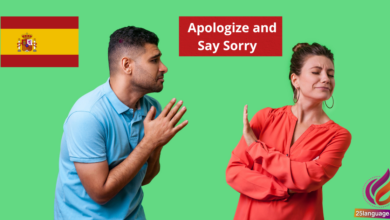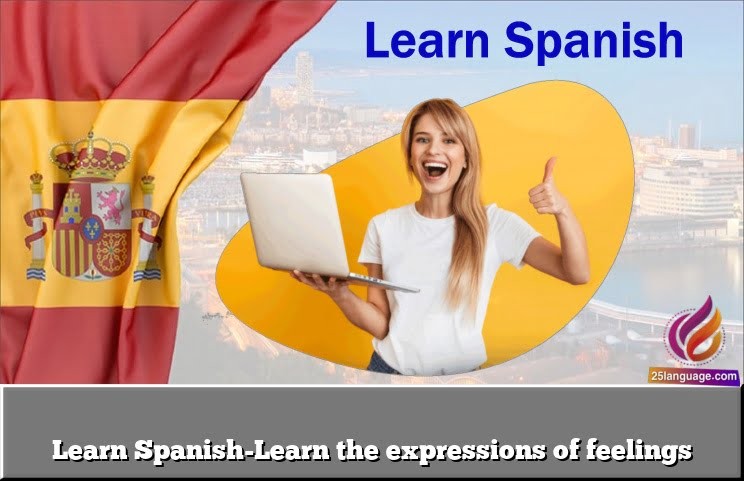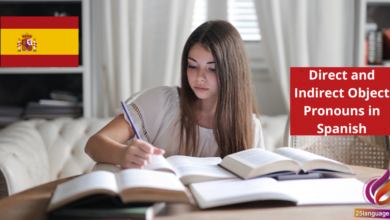Future and Conditional Tenses in Spanish
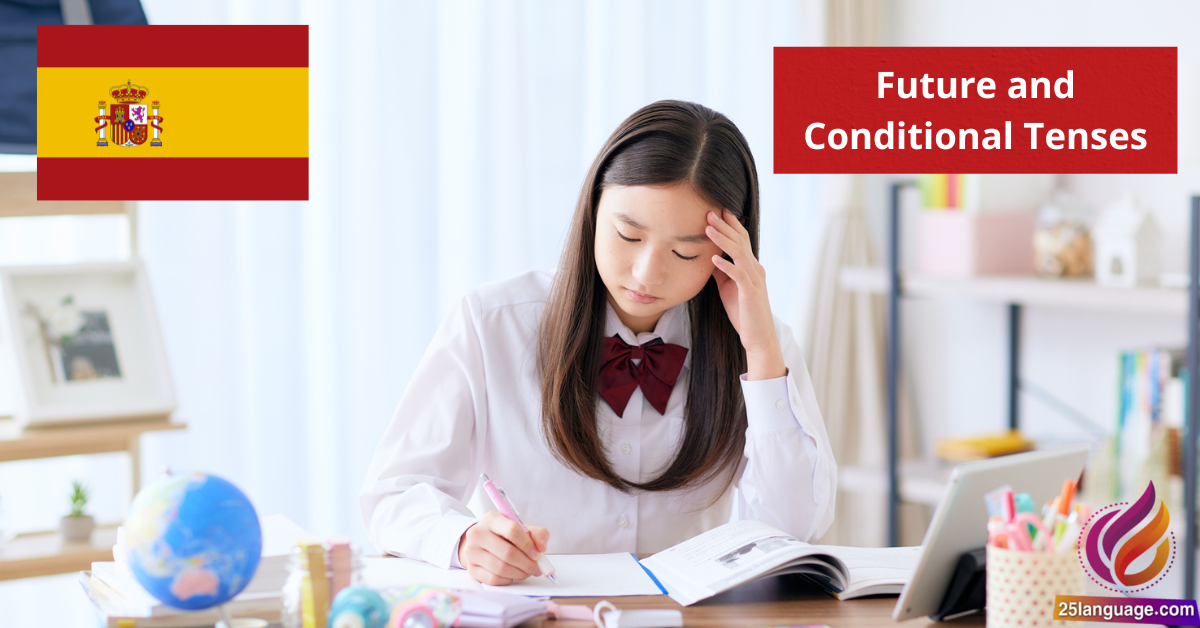
Imagine being able to express your dreams and possibilities in Spanish! Understanding the future and conditional tenses unlocks this exciting potential. In this lesson, you’ll learn how to talk about what will happen or what could happen under certain conditions, helping you navigate conversations about aspirations, plans, and hypothetical situations. With clear examples and engaging practice, you’ll be equipped to share your hopes and possibilities with confidence in Spanish!
Exploring Future and Conditional Tenses in Spanish
In Spanish, the future tense is used to express actions that will happen at a later time. To form the future tense, you take the infinitive form of the verb and add the appropriate endings.These endings are as follows:
- é (I will)
- ás (you will)
- á (he/she/you formal will)
- emos (we will)
- éis (you all will)
- án (they/you all formal will)
Such as, the verb hablar (to talk) becomes hablaré (I will talk) and hablarán (they will talk). Here’s how this looks in full sentences:
- Yo hablaré con ella mañana. – I will talk to her tomorrow.
- Ellos hablarán sobre el proyecto la próxima semana. – They will talk about the project next week.
The conditional tense is used to express actions that would happen under certain conditions. To form the conditional tense, you likewise use the infinitive and add specific endings, which are the same for all verbs:
- ía (I would)
- ías (you would)
- ía (he/she/you formal would)
- íamos (we would)
- íais (you all would)
- ían (they/you all formal would)
For example, the verb comer (to eat) becomes comeré (I would eat) and comerían (they would eat). Here are examples in context:
- Si tuviera tiempo, yo comería con ustedes. – If I had time, I would eat with you.
- Ellos comerían en el restaurante si no estuvieran ocupados. – They would eat at the restaurant if they were not busy.
| Spanish Example | Grammar Rule | English Translation |
|---|---|---|
| Yo hablaré con ella mañana. | Future Tense | I will talk to her tomorrow. |
| Ellos hablarán sobre el proyecto la próxima semana. | Future Tense | They will talk about the project next week. |
| Si tuviera tiempo, yo comería con ustedes. | Conditional Tense | If I had time, I would eat with you. |
| Ellos comerían en el restaurante si no estuvieran ocupados. | Conditional Tense | They would eat at the restaurant if they were not busy. |
Understanding the Nuances of Future and Conditional Constructs
In Spanish, the future tense is used to express actions that will happen or to make predictions. to form the simple future tense, you take the infinitive verb and add the appropriate endings: -é, -ás, -á, -emos, -éis, -án. Such as:
- hablar (to speak):
Yo hablaré (I will speak)
Él hablará (He will speak) - comer (to eat):
Nosotros comeremos (We will eat)
Ellos comerán (They will eat)
Conversely, the conditional tense expresses actions that would occur under certain conditions. To form the conditional tense, again use the infinitive and add the endings: -ía, -ías, -ía, -íamos, -íais, -ían. For example:
- vivir (to live):
Yo viviría (I would live)
Tú vivirías (You would live) - viajar (to travel):
Nosotros viajaríamos (We would travel)
ustedes viajarían (You all would travel)
| Spanish Example | Rule/Concept | English Translation |
|---|---|---|
| Yo hablaré | Future tense formation | I will speak |
| Ellos comerán | Future tense formation | They will eat |
| Yo viviría | Conditional tense formation | I would live |
| Ustedes viajarían | Conditional tense formation | You all would travel |
Practical Applications of Future and Conditional Tenses
In Spanish, the future tense is used to describe actions that will happen, while the conditional tense describes actions that would occur under certain conditions. The future tense is formed by adding specific endings to the infinitive form of the verb. The endings are as follows:
- é (I will)
- ás (you will)
- á (he/she/you formal will)
- emos (we will)
- éis (you all will)
- án (they/you all will)
Such as:
- Yo viajaré a España el próximo año. (I will travel to Spain next year.)
- Ellos comerán en el restaurante esta noche. (They will eat at the restaurant tonight.)
The conditional tense, on the other hand, is formed by using the same endings as the future tense but applied to the infinitive as well. This tense expresses an action that could happen if a condition is met:
- Yo compraría una casa si tuviera dinero. (I would buy a house if I had money.)
- Nosotros iríamos a la fiesta, pero estamos ocupados. (We would go to the party, but we are busy.)
| Spanish Example | Grammar Rule | english Translation |
|---|---|---|
| Yo comeré pizza mañana. | Future tense (simple future) | I will eat pizza tomorrow. |
| Si tuviera tiempo, iría al cine. | Conditional tense (hypothetical situation) | If I had time, I would go to the movies. |
| Nosotros viajaríamos más if tuviera dinero. | Conditional tense (hypothetical situation) | We would travel more if we had money. |
| Ellos estudiarán para el examen. | Future tense (simple future) | They will study for the exam. |
Mastering Future and Conditional Tenses for Effective Communication
Understanding the future and conditional tenses in Spanish is crucial for expressing intentions, predictions, and hypothetical situations. The future tense, formed by adding specific endings to the infinitive form of the verb, enables you to discuss what will happen. Here are the endings you will use:
- -é (I will)
- -ás (you will)
- -á (he/she/it will)
- -emos (we will)
- -éis (you all will)
- -án (they will)
For example:
- Yo hablaré español. (I will speak Spanish.)
- Nosotros comeremos en un restaurante. (We will eat at a restaurant.)
The conditional tense, on the other hand, is used to express actions that would occur under certain conditions. Like the future tense, the conditional is formed using the infinitive with specific endings:
- -ía (I would)
- -ías (you would)
- -ía (he/she/it would)
- -íamos (we would)
- -íais (you all would)
- -ían (they would)
For instance:
- yo comería pizza. (I would eat pizza.)
- Ellos viajarían a España. (They would travel to Spain.)
To clarify the differences between the tenses, the following table summarizes key rules and examples:
| Spanish example | Rule | English Translation |
|---|---|---|
| Yo estudiaré mañana. | Future tense: “will” + infinitive | I will study tomorrow. |
| Si tuviera dinero, compraría un coche nuevo. | Conditional tense: “would” + infinitive | if I had money, I would buy a new car. |
Future Outlook
¡Excelente trabajo en esta lección sobre los tiempos futuros y condicionales en español! Hoy hemos explorado cómo expresar acciones que sucederán en el futuro, así como situaciones hipotéticas y deseos a través del uso de los tiempos verbales del futuro y del condicional.
Recuerda que el futuro se utiliza para hablar de eventos que ocurrirán, mientras que el condicional te permite hablar sobre posibilidades y situaciones que dependen de otras circunstancias. Practicar estas estructuras te ayudará a comunicarte con mayor confianza y fluidez en tus conversaciones en español.
Te animo a que apliques lo que has aprendido hoy. Intenta escribir algunas oraciones utilizando el futuro y el condicional,o conversa con un compañero en español sobre tus planes o deseos utilizando estos tiempos verbales. Cuanto más practiques, más natural te resultará el uso de estos tiempos.
¡no te detengas aquí! Cada paso que das en tu aprendizaje es un avance significativo, y estoy seguro de que serás capaz de dominar estos conceptos y mucho más. ¡Sigue adelante y disfruta del viaje de aprender español!
